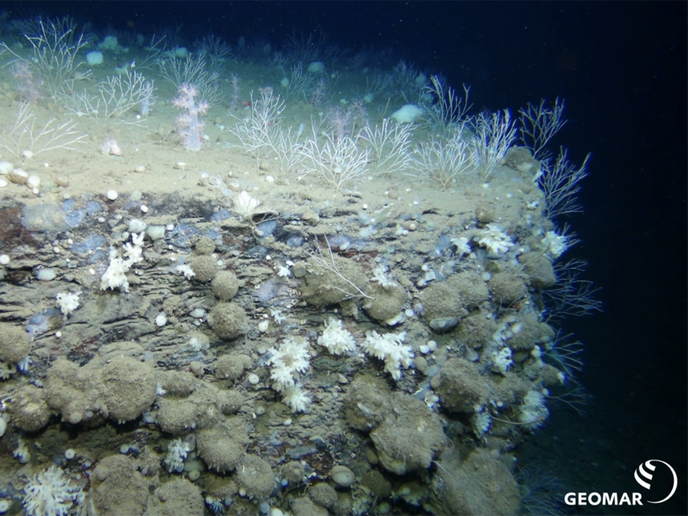Molecular response of poplar trees to salt stress
Chronic misuse of land and water resources, climate change and a number of other factors are accelerating the rate of desertification and salinisation across the planet. Reclamation, in particular reforestation, efforts will rely upon species capable of surviving in drought-like conditions in salt-enriched soils. A multinational research consortium received funding from the LIFE QUALITY Programme to investigate stress resistance in poplar trees. Scientists with the Hebrew University of Jerusalem in Israel, participants in the ESTABLISH project, examined the tree's response at the molecular level when subjected to salt stress. Populus euphratica and Populus tremula specimens raised in greenhouses and using hydroponic methods were exposed to high concentrations of salt. The researchers focused their attention on the expression of Stable protein 1 (SP1). Sequencing indicated high levels of homology between the SP1 proteins extracted from the leaves of both species. Additional experiments were performed during which the amount of salt was increased and the cellular response was closely monitored using advanced techniques such as western blot analysis. The results indicated a strong SP1 response, particularly in P. euphratica, underlining its potential role in helping the plant adapt to salt stress. Finally, the regulation of specific stress-related genes was analysed using RNA hybridisation. The genes that exhibited up-regulation during this phase have been targeted for further study in future research projects.







